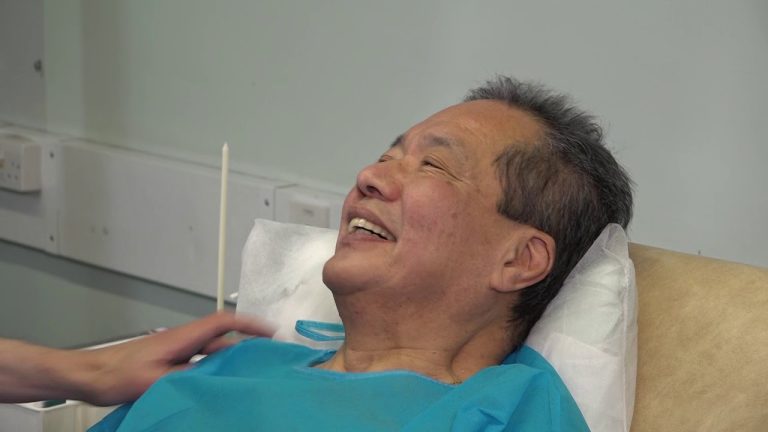Keeping an Eye on Your Health: The Importance of Medical Diagnosis for Optimal Vision
Our eyes are one of the most important organs in our body. They allow us to see the world around us, experience different emotions, and navigate through life with ease. However, as we age, our eyesight can deteriorate, leading to various eye problems which can only be diagnosed through medical examination. This is why regular eye check-ups and eye care are imperative for the maintenance of our vision.
Medical diagnosis for eye problems is necessary for early detection and timely treatment. Some common eye problems include glaucoma, conjunctivitis, cataract, and macular degeneration. All these eye problems, if not detected and treated early, can lead to permanent vision loss. Therefore, it is essential to visit an eye specialist regularly, especially if you are over 40 years old, have a family history of eye problems, or experience symptoms such as blurred vision or eye pain.
Importance of Eye Health
Our eyes are affected by many external factors such as pollution, UV radiation, and digital screens, which emit blue light. Exposure to these factors for prolonged periods can damage the eyes, causing various eye problems. The good news is that we can protect our eyes by making a few lifestyle changes.
Eye Care Tips
- Protect your eyes: Wear sunglasses that block UV radiation when outdoors and use anti-glare screens when using digital devices.
- Follow a healthy diet: Include foods rich in vitamins A, C, and E, and omega-3 fatty acids to maintain healthy eyes.
- Stay hydrated: Drinking plenty of water helps keep eyes hydrated, reducing the risk of dry eyes.
- Take breaks: Follow the 20-20-20 rule – take a break every 20 minutes, look at an object 20 feet away for 20 seconds to reduce digital eye strain.
Medical Diagnosis and Eye Exams
Regular eye exams are essential for the early detection of eye problems. During an eye exam, an eye specialist will conduct a series of tests to evaluate your eyesight, eye movement, and eye pressure. Some tests will include the assessment of the retina, the muscles that control eye movement, and the optic nerve. Additionally, your eye specialist may dilate your pupils to check for signs of damage or disease in the retina.
The results of these tests will help the eye specialist diagnose any eye problems early and suggest appropriate treatment. For example, if you are diagnosed with cataracts, your eye specialist may suggest cataract surgery to remove the clouded lens and replace it with an intraocular lens (IOL).
Conclusion
In conclusion, maintaining good eye health is essential for maintaining overall well-being. To protect your eyes from external factors, follow the tips mentioned above, and most importantly, visit an eye specialist regularly for a complete eye exam. Early detection and treatment of eye problems can help prevent them from worsening and preserve your vision for years to come.
Most wanted in Hoya Vision:
Hoya Lens Engravings
Which lens is better Alcon or Johnson and Johnson?
What’s the rarest eye color?
What brand lenses does Costco use?
Legacy Eye Care Llc
Hoya Sensity Vs Transitions Xtractive
Should eyeglasses cover eyebrows?
What’s the difference between 1.5 and 1.6 lenses?
What do you call glasses that turn dark in the sun?
Wide Corridor Progressive Lenses












![Revolutionize Your Eye Health with the Latest Medical Devices from [Website Name]](https://www.hoyavision.com.ar/wp-content/uploads/2023/04/Eye-health-and-medical-devices-768x432.jpg)



